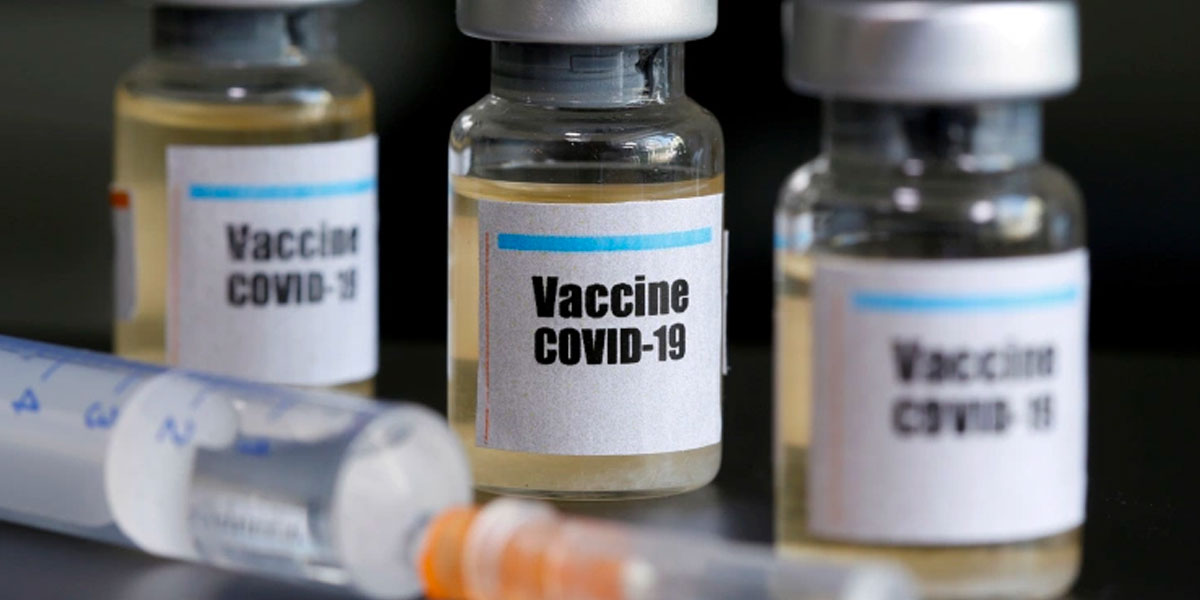
In the past week, a new coronavirus variant (Omicron) has thrust South Africa and other Southern African Countries into the global limelight. The emergence of the highly transmissible Omicron virus forced the General Council (GC) of the World Trade Organisation (WTO) to postpone indefinitely its 12th Ministerial Conference (MC12) scheduled 30 November – 3 December. The postponement of MC12 was due to the unilateral travel restrictions imposed by many WTO Members, especially the EU and Switzerland, which have prevented many ministers from reaching Geneva.
South Africa was the first country to report on the highly mutated new variant. Its National Institute For Communicable Diseases (NICD) says more than 70 percent of all the virus genomes it sequenced last month have been of the new variant. The WHO has categorised Omicron as a “variant of concern”, and says early evidence suggests it has a higher re-infection risk. Instead of appreciating the evidence provided by South Africa, many WHO Member States, especially the EU and US imposed travel bans from Southern African countries. However, the evidence suggests that the virus is found in many other countries, even with patients having no travel or contact history, and proves the futility of travel bans.
One of the main reasons cited for the emergence of new variants is the inequitable access to health products, especially vaccines. According to African Union (AU) vaccine delivery alliance co-chair Ayoade Alakija.”What is going on right now is inevitable, it’s a result of the world’s failure to vaccinate in an equitable, urgent and speedy manner. It is as a result of hoarding [of vaccines] by high-income countries of the world, and quite frankly it is unacceptable,”
Deborah Gleeson, an associate professor in public health at La Trobe University, says the Omicron variant has taken many people by surprise but the severity of vaccine inequity shows that this mutation was a long time coming. High levels of virus transmission and replication among the world’s population is likely to cause more variants to emerge.Rapid transmission and replication are likely to cause more mutations. If we don’t increase the vaccination rate across the whole world – rather than concentrating on developed countries administering higher vaccination and even booster shots – then we will likely see mutations and new variants emerging where transmissions are uncontrolled. This will affect the whole world.
WHO highlights that while Africa is sitting at just 5% of its population being fully vaccinated, wealthier nations like the United States and European Union have fully vaccinated more than half of their populations, having inoculated 52% and 57% of their populations respectively.
Moreover, developed countries have now rolled out COVID-19 booster shots despite WHO’s call to refrain from providing booster doses until access is ensured in countries having low vaccination coverage. The rich-poor divide of “vaccine inequity” started soon after the pandemic when wealthy nations quickly snapped up supplies by signing lucrative contracts and, in some cases, providing development funding to manufacturers.
The Omicron variant may yet be the realization of one dreaded prediction. Experts have been warning that if large populations remain unvaccinated, new variants will emerge which are resistant to the present vaccines. These could bring back the devastation that haunted the world last year.
This calls for urgent action to fulfil the growing global supply-demand gap of COVID 19 health products, especially vaccines. Failures of the measures such as the COVAX facility and unfulfilled promises of developed countries has brought back the focus on Intellectual Property as a barrier to access to medical products. Towards this objective, India and South Africa submitted a proposal to the TRIPS Council to temporarily suspend the obligations under the TRIPS Agreement to scale up the production of COVID-19 health products. The adoption of the TRIPS waiver proposal would be critical to providing the required policy space for WTO members to remove IP barriers to diversify production. The TRIPS waiver is a recognition at the WTO level that countries have the freedom to suspend implementation and enforcement of relevant obligations to contain COVID-19. It intends to remove procedural and administrative IP barriers thus facilitating collaboration concerning the development, production and supply of required medical products, thereby facilitating economies of scale and supporting countries with insufficient manufacturing capacity. To progress towards text-based discussions, taking into account the discussions and feedback received, the co-sponsors submitted a revised draft decision text for the consideration of the Council for TRIPS.
The revised text limits the scope of the waiver to only “health products and technologies” for the prevention, treatment or containment of COVID-19. The scope of products and technologies in the revised text includes materials or components, as well as their methods and means of manufacture. Further clarification was also made regarding the duration of the proposed waiver. Unlike the original proposal, the revised proposal specifies three years to be agreed by the General Council or otherwise until widespread vaccination is in place globally and the majority of the world’s population is immune. Members would review the waiver annually until termination.
The waiver proposal now enjoys the co-sponsorship of 64 WTO members as well as the other 34 Members. Australia and Japan support it, and the US announced its support on 5th May 2021 for vaccines. However, the EU, UK and Switzerland continued their opposition for the same. They refused to provide any textual suggestion on the only decision text submitted before the TRIPS Council, resulting in blockage of negotiations and stalling the process to move towards consensus. (However, there is some support within Europe. The EU parliament adopted a resolution calling on the EU to support the adoption of the Waiver Decision, and Switzerland made public statements to engage in the waiver discussion.) Though the Biden administration has reiterated its call to WTO Members to adopt the TRIPS Waiver decision after the Omicron emergence, it needs to play a convincingly proactive role by approaching its EU counterparts to waive IP protections for COVID19 vaccines.
The postponement of MC 12 due to the threat of a new emerging variant should not push back the adoption of the waiver decision; it highlights that it is high time to adopt the waiver decision at the earliest. The emergence of new variants should be considered a warning bell signaling the urgent need to act on the Waiver Proposal. As per Article IV.2 of the Agreement Establishing WTO “In the intervals between meetings of the Ministerial Conference, its functions shall be conducted by the General Council ” therefore the waiver decision can be adopted by the General Council, without waiting for the Ministerial Conference. The opponents of the waiver, especially the EU, UK and Switzerland should stop unilateral actions and engage in text-based negotiations in good faith to adopt a meaningful and effective TRIPS Waiver, and should not take refuge in the postponement of MC12.
It’s high time for the EU and other opponents of the Waiver Proposal to accept the reality that inequitable access to vaccines is the main reason for the development of new variants and needs to be addressed urgently. The best option before us is to diversify the production of COVID 19 vaccines by waiving the IP barriers through the TRIPS waiver. In short, Omicron requires a TRIPS waiver (policy) vaccine more than it requires donations.



